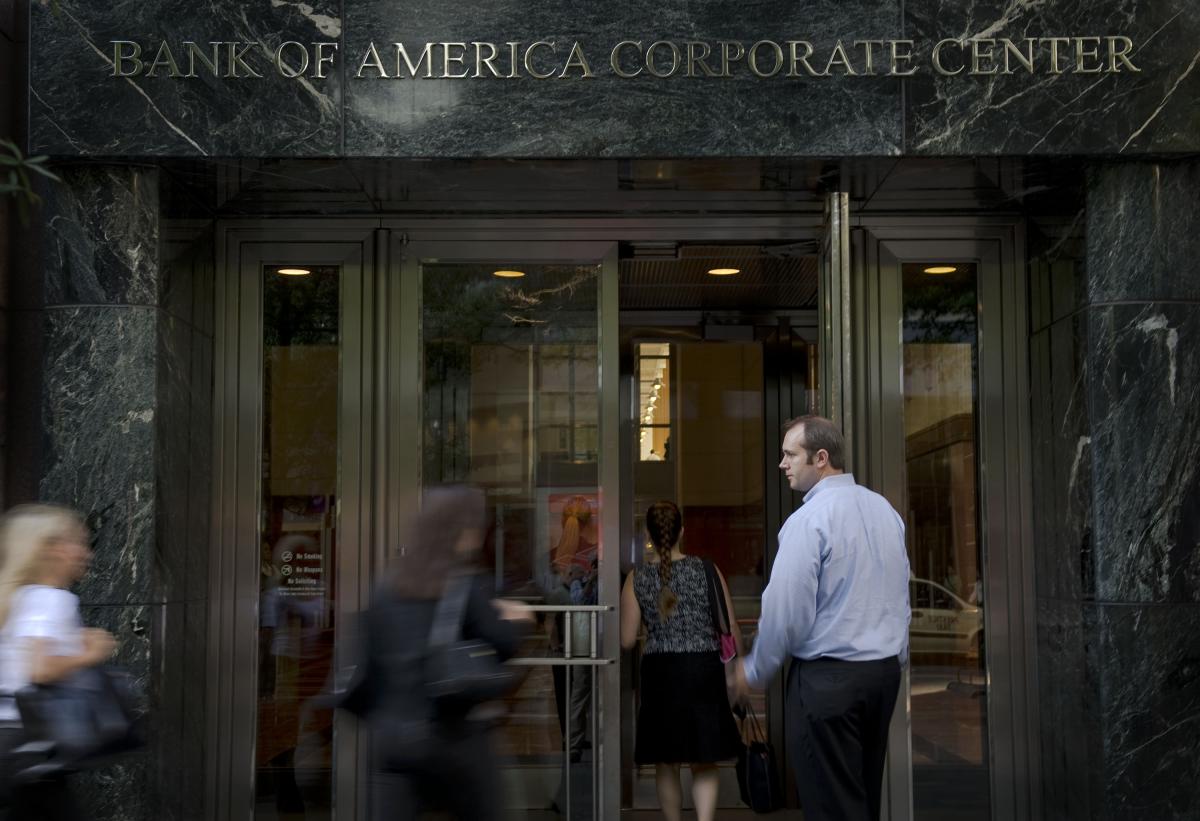Zero waste factories, recycled milk, low-carbon profits and footwear innovation
RB achieves zero waste to landfill
Consumer goods giant RB (formerly Reckitt Benckiser) has achieved zero manufacturing waste to landfill across its European and North American factories. Following the implementation of a number of innovations under its sustainability strategy, more than 60% of the company's factories globally are now achieving zero waste to landfill. RB global head of sustainability Victoria Wood says: "Since launching our 'betterbusiness' strategy in 2012, we've seen a rapid transition towards zero waste. We've gone from 4 to 31 factories achieving zero manufacturing waste to landfill status.” Thanks to location-specific measures, the multinational is also working to reduce water impact, carbon emissions and waste. At RB's Baddi site in India, talcum powder waste is being used as a raw material for the production of plastic granules, while at its Bangpakong site in Thailand, wastewater treatment sludge is being turned into concrete blocks to be used in local schools.
Nestlé dairy factory first to run water-free
A Nestlé milk factory in Mexico has become the first in the world not to rely on external water resources for its production process. The dairy factory in Jalisco, a very dry region of Mexico, does not extract any groundwater. Instead, it recycles and uses the waste fluid extracted from the milk during the powdered milk production process. Fresh cows’ milk has a water content of about 88%. It is boiled and condensed to make powdered products. Normally the water by-product is poured away. By recycling the by-product, Nestlé says it is saving 1.6m litres of water every day, equivalent to the quantity of water needed to fill an Olympic-size swimming pool. The development also amounts to a saving of 15% of the total water used by Nestlé in Mexico.

Climate action pays off
Microsoft, Apple, Estée Lauder and Bank of America are but a few companies that have internalised the business case for taking action on climate change, as a new study emphasises the link between climate change management and financial performance. In its recent report, CDP (formerly the Carbon Disclosure Project) found that S&P 500 firms that disclosed their environmental data, put in place climate risk management policies and set strong carbon reduction targets achieved an 18% higher return on equity (ROE) than their peers, and a 67% higher ROE than those that did not disclose climate change related practices. Based on results of the three-year study, CDP concluded that companies that take action on climate change have higher profitability, tend to be more stable, and offer stronger dividends to shareholders.

Timberland recycles tires into shoes
Global footwear brand Timberland has teamed up with tire manufacturer Omni United to create the very first line of tyres purposely designed to be recycled into footwear outsoles at the end of their lifecycle. The tyre and footwear industries represent two of the largest users of virgin rubber. Through their new product, Timberland Tires, both players have developed a sustainable tyre-to-shoe lifecycle echoing their ambition to develop products with reduced environmental impact. Used tyres will be shipped to a North American tyre recycling facility where they will be recycled into crumb rubber before being processed for incorporation into Timberland boots and shoes. The incorporation of various recycled materials into shoes is no new concept to Timberland. The company website states that to date, 128m used plastic bottles have made their way into their shoes and boots.


